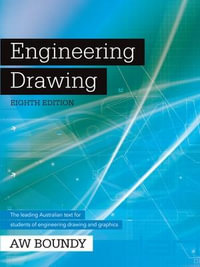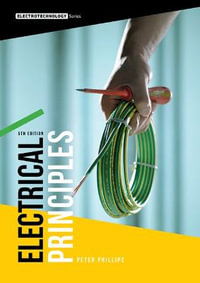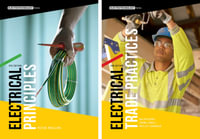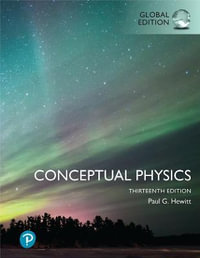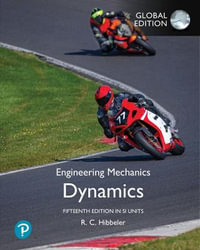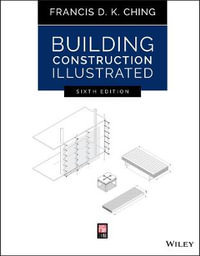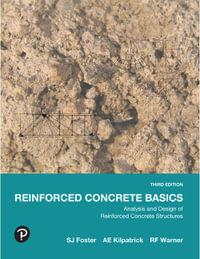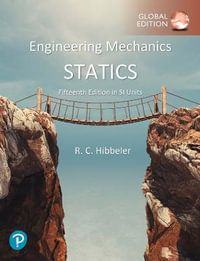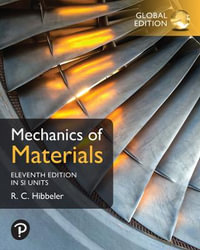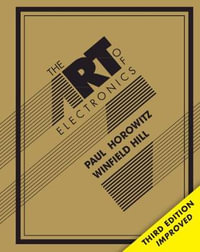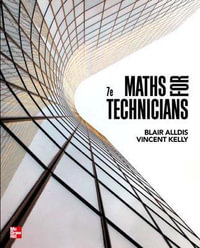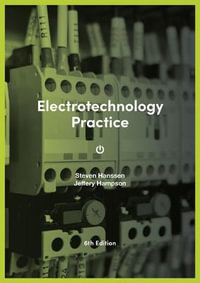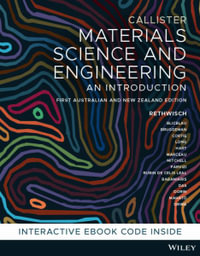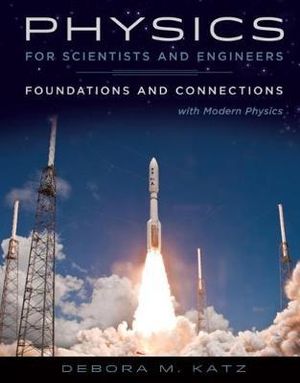
Physics for Scientists and Engineers
Foundations and Connections, Extended Version with Modern Physics
By: Debora M. Katz
Hardcover | 13 October 2015 | Edition Number 1
At a Glance
Hardcover
$526.50
Aims to ship in 15 to 25 business days
When will this arrive by?
Enter delivery postcode to estimate
Dr. Katz’s one-of-a-kind case study approach enables you to connect math and physics concepts in a modern, interactive way. By leveraging physics education research (PER) best practices and her extensive classroom experience, Debora Katz addresses the areas where students like you struggle the most: linking physics to the real world, overcoming common preconceptions, and connecting the concept being taught with the mathematical steps to follow.
How Dr. Katz deals with these challenges—with case studies, student dialogues, and detailed two-column examples—distinguishes this text from any other and will assist you in going “beyond the quantitative” to master your physics course.
About the Author
Katz earned her PhD in Astrophysics from University of Minnesota, one of the top PER programs in the country. She has been active in the PER community and has attended multiple conferences to learn how to better integrate innovative pedagogies into the classroom. She has effectively done so in a very traditional environment at the Naval Academy, where she is a tenured professor. She is an active researcher who regularly works with undergraduate students.
Industry Reviews
"Deb Katz?s approach is to tie entire chapters around interesting and relevant case studies that I really think will keep students reading and wanting to know more. She has been able to do this without compromising on the delivery core concepts the students need for their futures in science and engineering. In fact, I think the approach will help the students remember the core principles better."
"I found the writing to be more like someone was teaching me through text rather than me struggling to decipher it. The student dialogues help especially when you?re reading by yourself. Usually if you are studying with other students you can argue over your answer and discuss how you got there, but when you?re studying alone it is difficult to be able to ask yourself the right questions. The dialogues provided different opinions that I could think about and agree or disagree with and come up with reasons why."
"The details of the worked-out examples are invaluable in cementing good analytic, calculational, and calculator techniques for the students. These details are often unwisely left out in other calculus-based texts.?
"Very few books take the dialog approach, which was used already very effectively by Plato. We all have a natural ability to understand stories and dialogues, and they are much more interesting than dry explanations. I think this device is perfect to address common misconceptions."
ISBN: 9781305259836
ISBN-10: 1305259831
Published: 13th October 2015
Format: Hardcover
Language: English
Number of Pages: 1568
Audience: College, Tertiary and University
Publisher: Brooks/Cole ISE
Country of Publication: US
Edition Number: 1
Edition Type: New edition
Dimensions (cm): 27.9 x 22.4 x 5.3
Weight (kg): 3.02
Shipping
| Standard Shipping | Express Shipping | |
|---|---|---|
| Metro postcodes: | $9.99 | $14.95 |
| Regional postcodes: | $9.99 | $14.95 |
| Rural postcodes: | $9.99 | $14.95 |
How to return your order
At Booktopia, we offer hassle-free returns in accordance with our returns policy. If you wish to return an item, please get in touch with Booktopia Customer Care.
Additional postage charges may be applicable.
Defective items
If there is a problem with any of the items received for your order then the Booktopia Customer Care team is ready to assist you.
For more info please visit our Help Centre.
